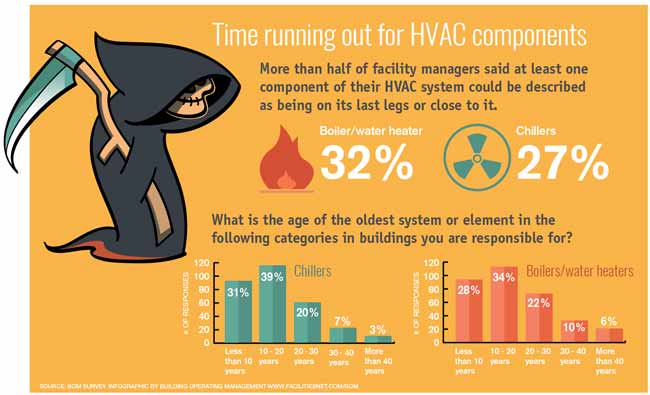Exploring The Environmental Benefits Of Warmth Pumps - A Sustainable Heating Option
Exploring The Environmental Benefits Of Warmth Pumps - A Sustainable Heating Option
Blog Article
Content Author-Moser Bech
In an age where sustainability and power performance are vital, several businesses seek green home heating options. One such service is the heatpump.
A heatpump extracts the heat in its environments and pumps it right into your home, causing among the most efficient environmentally friendly main heating unit around. This procedure likewise produces zero greenhouse gas exhausts, making it a very sustainable innovation.
Energy Effectiveness
Heat pumps are extremely power efficient and need little maintenance. They utilize less electrical power than other heating systems and are without a doubt the most environmentally friendly. They work well with rooftop solar and can often spend for themselves in utility cost savings alone.
They can likewise give air conditioning, which is terrific for garage workshops, attic hangouts and incentive areas, and home additions without prolonging the existing ductwork. They can also be made use of for retrofits in existing homes with hydronic (water-based) distribution systems such as low temperature radiators or radiant floorings.
Search for designs with SEER and HSPF rankings that meet or surpass Canada's minimum requirements, along with the standards in your region. Higher scores imply greater efficiency, which saves you cash in the future and minimizes your carbon footprint. You may even get refunds and motivations! The best systems are those with a ground heat exchanger for added performance. These systems can soak up thermal power from the ground throughout the wintertime and remove it in the summer.
Lowered Greenhouse Gas Emissions
Heatpump operate on electrical energy and basically move warm from the air, also when it's cool outside. They have the ability to extract the totally free warm trapped in air particles and move them inside, decreasing moisture while doing so.
Contrasted to gas heaters, modern heatpump use less than one kilowatt of electrical energy per kilowatt of heating power they create. This makes them the most energy efficient heating choice available with a POLICE (Coefficient of Efficiency) of four or more. By reducing the demand for nonrenewable fuel sources, heat pumps help in reducing greenhouse gas discharges and reduce other significant air pollutants.
Building decarbonization is a worldwide important, and the HVAC field is an essential vehicle driver of that procedure. Whether it's real estate investors making web zero dedications, plan makers setting emissions restrictions, or renters requiring greener spaces, electrical heat pumps are being acknowledged as a necessary option. They are a cost-efficient means to reduce carbon exhausts by removing the need for fossil fuels in buildings.
Versatility
Heat pumps can be used in many kinds of homes and buildings-- with or without ducts. They collaborate with hot-water radiators, air-conditioning and programmable thermostats. They can replace heating systems or be set up in brand-new residences. They can work on solar panels, geothermal systems or even district home heating resources like wastewater.
They're fantastic at delivering even more warmth per energy device. For instance, an air-source heatpump creates approximately three or more home heating units from each electrical power device it takes in.
Getting one of the most from your heat pump will certainly depend upon your environment area and high quality of insulation. Seek models with power celebrity ratings and compare their SEER or HSPF specifications. In warmer climates, focus on SEER; in chillier regions, consider a system with a higher HSPF score. On top of that, invest in air sealing and insulation to decrease the lots on your heat pump. That will certainly enhance power efficiency and help you reach your Internet Absolutely no objectives quicker.
Biomass Boilers
Biomass central heating boilers use timber pellets, chips or logs to create warm and hot water. They are a good choice for off-grid buildings or those who want to leave the gas grid.
As a standalone heating unit, biomass can offer adequate energy to maintain your home warm all year round without the common warm drop off of other sustainable innovations. https://www.12news.com/article/news/local/valley/excessive-heat-leads-to-excessive-ac-breakdowns/75-42f59a63-204c-4928-b053-819caf05c2e1 can likewise be used along with photovoltaic panels to maximise financial savings and gain from RHI repayments.
A downside of these systems is the in advance cost and normal fuel distributions. Usually, Check This Out will need to be blown right into a fuel shop making use of a vacuum cleaner system or they can be by hand fed into the boiler via a hopper. Logs are generally self-sourced from close-by forest or gotten wholesale. As well as this, they call for hands-on loading and may require cleansing on a regular basis.